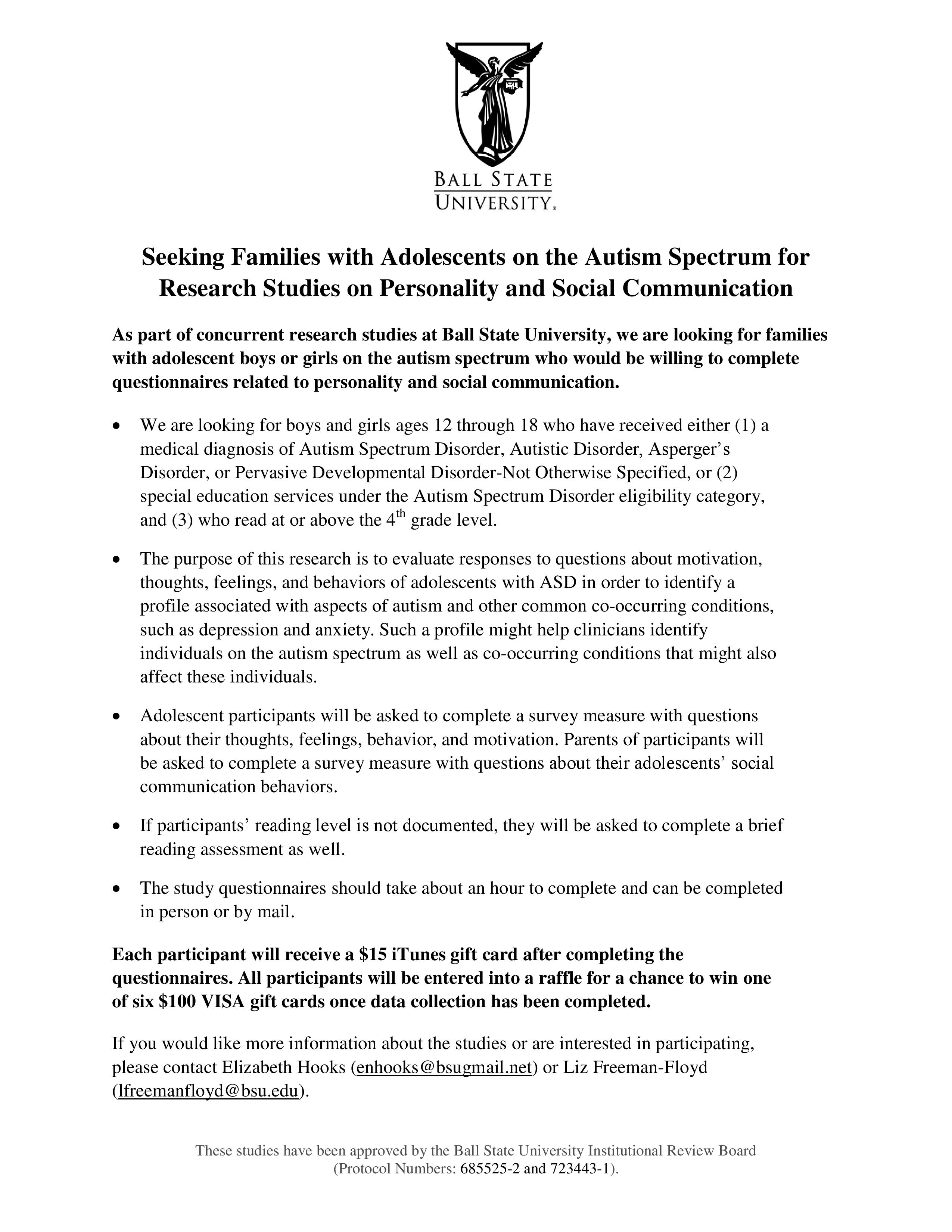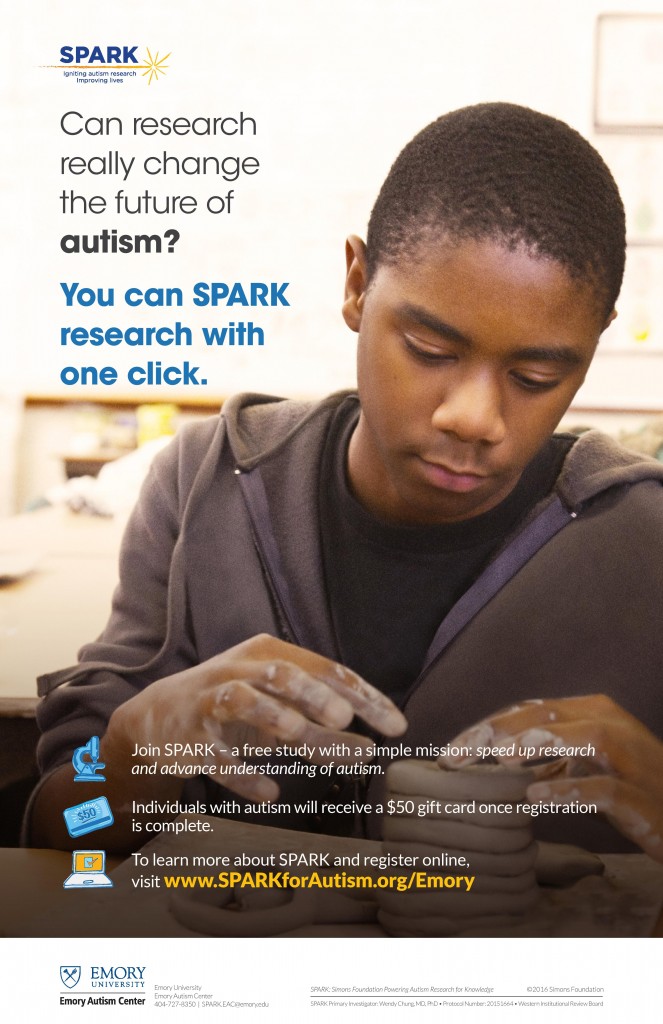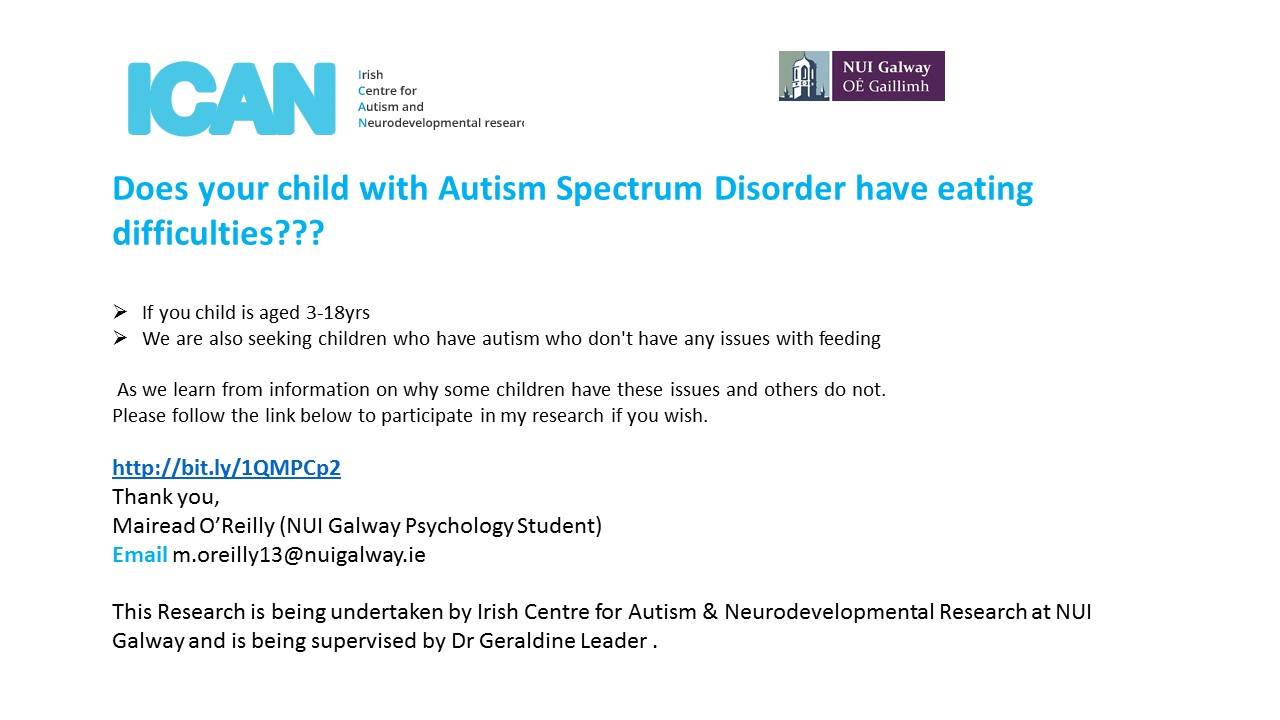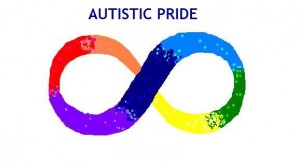As you know at Patient Talk we are always very happy to help promote research into autism and ASD. A few days ago we were contacted by Elizabeth Hooks who is a doctoral intern studying School Psychology at Ball State University. Ms Hooks asked up to help her find parents of children on the spectrum to take part in a new project!
Hooks wrote “I am a doctoral intern studying school psychology at Ball State University and doing my internship at Kennedy Krieger. I was hoping you would be willing to post my dissertation recruitment flyer.
We are looking for kids with autism, ages 12-18, who have a 4th grade reading level. We are asking them to fill out a personality assessment form, which assesses for rates of anxiety and depression in neurotypical teens. We are hoping it can be used to accurately diagnose these conditions in teens with autism as well. We are offering a $15 itunes gift card and they will be entered into a raffle for 6 $100 visa gift cards.”

Ball State University – Autism Research
Liz Freeman Floyd, M.A., is a doctoral student in the School Psychology program at Ball State University. Her graduate training experience includes providing psychoeducational assessment and counseling therapy in both educational and clinical settings. Liz participated in the design and implementation of the Ball State Center for Autism Spectrum Disorder’s employment evaluation research study as a graduate research assistant and will intern with the Center during the upcoming academic year. Prior to entering graduate school, Liz served on the boards of directors of the national Autism Society, the Indiana Autism Coalition, and the Autism Society of Indiana. Following graduation she plans to provide assessment and counseling services to individuals and families living with autism spectrum disorder and other developmental differences.
Elizabeth Hooks, M.A., is a doctoral intern studying School Psychology at Ball State University. She is currently interning at the Pediatric Developmental Disorders Clinic and Neurobehavioral Outpatient Unit at the Kennedy Krieger Institute (KKI) and is working to gain licensure as a Board Certified Behavior Analyst at Ball State University as well. During her graduate training, Elizabeth gained experience working in several school districts throughout Indiana and worked as an early intervention specialist for children with Autism Spectrum Disorder and other developmental disabilities. Following graduation, Elizabeth plans on providing assessment and diagnostic services for families, and behavioral (ABA) therapy to families who have children and adolescents with developmental disabilities.
David E. McIntosh, Ph.D., is the David and Joanna Meeks Distinguished Professor of Special Education at Ball State University. The author of numerous scholarly publications, Dr. McIntosh is editor-in-chief of the peer-reviewed academic journal Psychology in the Schools. He was instrumental in the creation of Ball State’s Center for Autism Spectrum Disorder, an on-campus center founded to address critical gaps in services available to the autism community through research, training, and capacity-building activities. Dr. McIntosh’s research interests include the identification, assessment, and treatment of individuals on the autism spectrum. http://cms.bsu.edu/academics/collegesanddepartments/teachers/directory/deptofsped/mcintoshdavid




